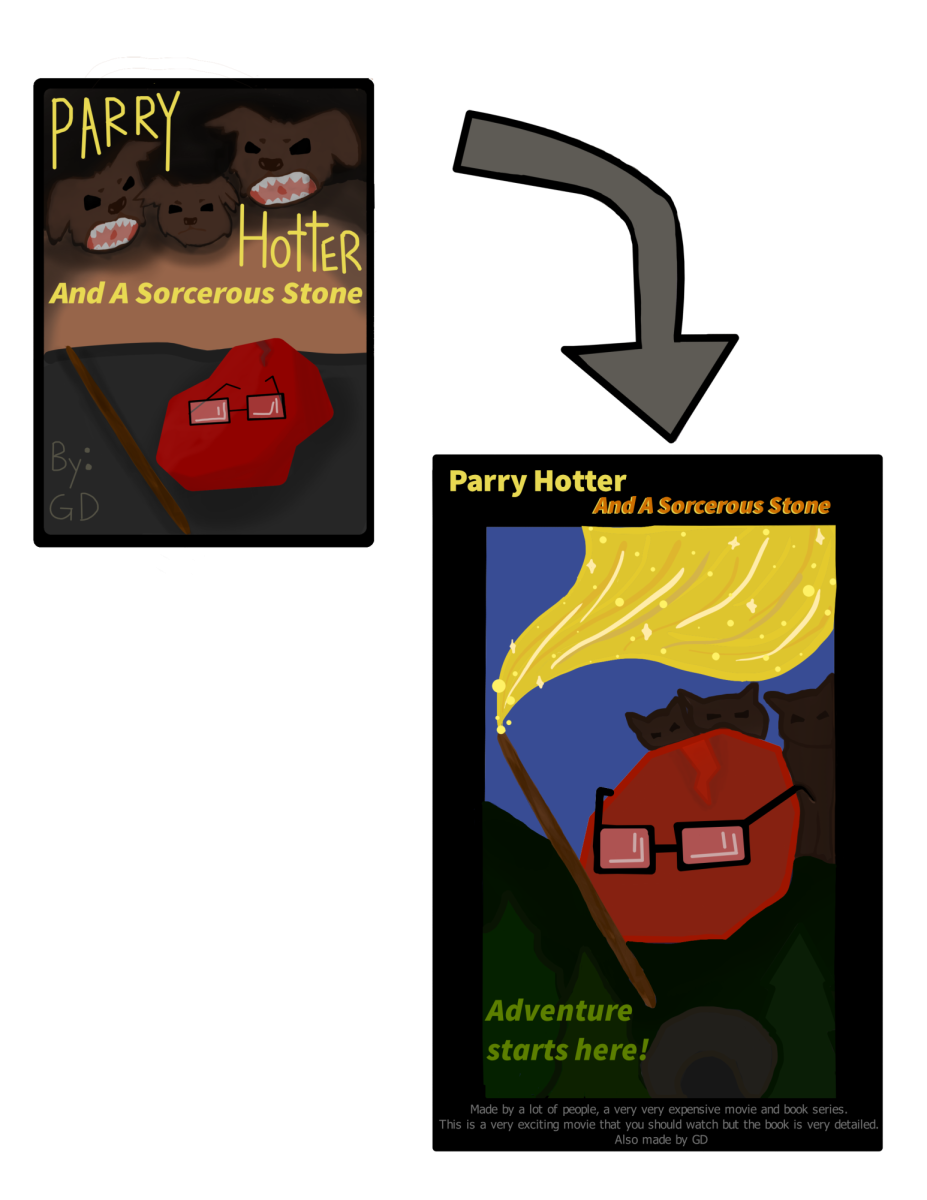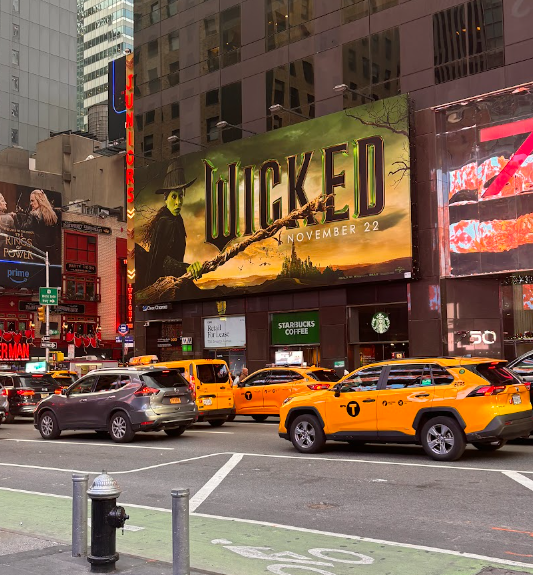In a suburban gym outside of Park City, Utah, myself and hundreds of people crowded into the cramped line that snaked outside of the temporary Sundance festival theater and into the snowy evening. Though the film was already gaining buzz in the festival world, little did anyone know that The Birth of a Nation would have an impact as influential its current magnitude.
Entering the film festival circuit at Sundance in January, creator Nate Parker’s debut personal project of the last seven years has now since taken the cinematic world by storm. Winning both the Sundance Grand Jury Prize and the Audience Best awards, The Birth of a Nation was so well received that it was immediately pursued by by Netflix and Sony Pictures Entertainment. Parker eventually agreed to a $17.5 million deal with Fox Searchlight Pictures, the biggest purchase a Sundance film has ever received. Since its debut, the trailer announcing its commercial release on October 7 has garnered the attention of critics and casual movie-goers alike. The hype surrounding this movie has been undeniably massive, largely due to its perception of the little-discussed life of Nat Turner.
Born in 1800, Nat Turner was an African American slave in Southampton County, Virginia. Taught by Elizabeth Turner, the white mother of Nat’s childhood friend (and future owner) Samuel Turner, Nat studied the Bible, allowing him to become literate and deeply religious. His exposure to education helped him to become intimately familiar with privileged white culture. Nat’s innate preaching abilities were eventually exploited by Samuel Turner to quell insubordination from slaves on the plantation. At the request of interested slave owners, Nat traveled across Southampton County preaching to fellow slaves about the importance of obedience to their white owners. Nat struggled with feelings of betrayal towards his fellow slaves, and eventually developed a plan for rebellion. By 1831 Nat had gathered enough support to violently overtake dozens of plantations in Southampton County, resulting in the murder of 60 white Virginians.
This pivotal but often overlooked piece of American civil rights history fueled Parker’s pursuit to spotlight Nat Turner’s visionary defiance. Parker’s brilliant portrayal of Nat Turner’s inner turmoil shines throughout the film, and his passion for the project is unquestionable. Not only does Parker play the leading role, he also co-wrote, produced and directed the film.
The title of the project, taken from D.W. Griffith’s socially controversial 1915 silent film of the same name, immediately sets the revolutionary tone of the film. Unintentionally inciting a new generation of white supremacy in America, D.W. Griffith’s screenplay was used as propaganda for the KKK in the years after its release. Now, a century in the future, Parker told Huffington Post that his intent is to “cast on legacy” and “start a conversation that can promote healing and systemic change in our country.”
The Birth of a Nation stands out not only as a socially progressive statement, but also as a beautifully produced motion picture. Poignant use of dim lighting, tense cinematography, and an intimately suspenseful soundtrack cement the visual and audible power behind the film’s intriguing storyline. Instead of focusing on Nat Turner’s actual rebellion, the plot details Turner’s early childhood, his courtship with his future wife, and the atrocities faced by American slaves. Nat’s learned Christian beliefs manifest as the crucial link to understanding his ancestors’ torments of being taken from Africa by force. Dream sequences throughout the film that unite Nat with his African roots serve as a spiritual subplot in tune with Nat’s growing urge to rebel: starting as obscure and subdued at first, eventually becoming sharp and deliberate. As he witnesses and becomes victim to abuse from plantation owners throughout his life, Nat’s preaching turns from hopeful optimism into indignance, straying away from the Bible’s messages of tolerance, and towards its ominous images of Jesus bringing forth not peace, but the sword. Unapologetically realistic, the violence depicted in this film is cringe-inducing and tragic, perfectly justifying Nat’s rage and his desires to form an uprising.
Given recent events regarding police brutality and growing protests against racism in America, The Birth of a Nation offers a perspective that’s decisively relevant today. Parker hopes that unlike D.W. Griffith’s motion picture, which featured archaic morals even for the time period, that “people will talk about this film with the specific intention of change.”
Definitely a must see, The Birth of a Nation is a film that will leave you visually impressed, emotionally moved and contemplative about both our modern society’s values and the knowledge we hold about the impact of civil rights history impact on today.














